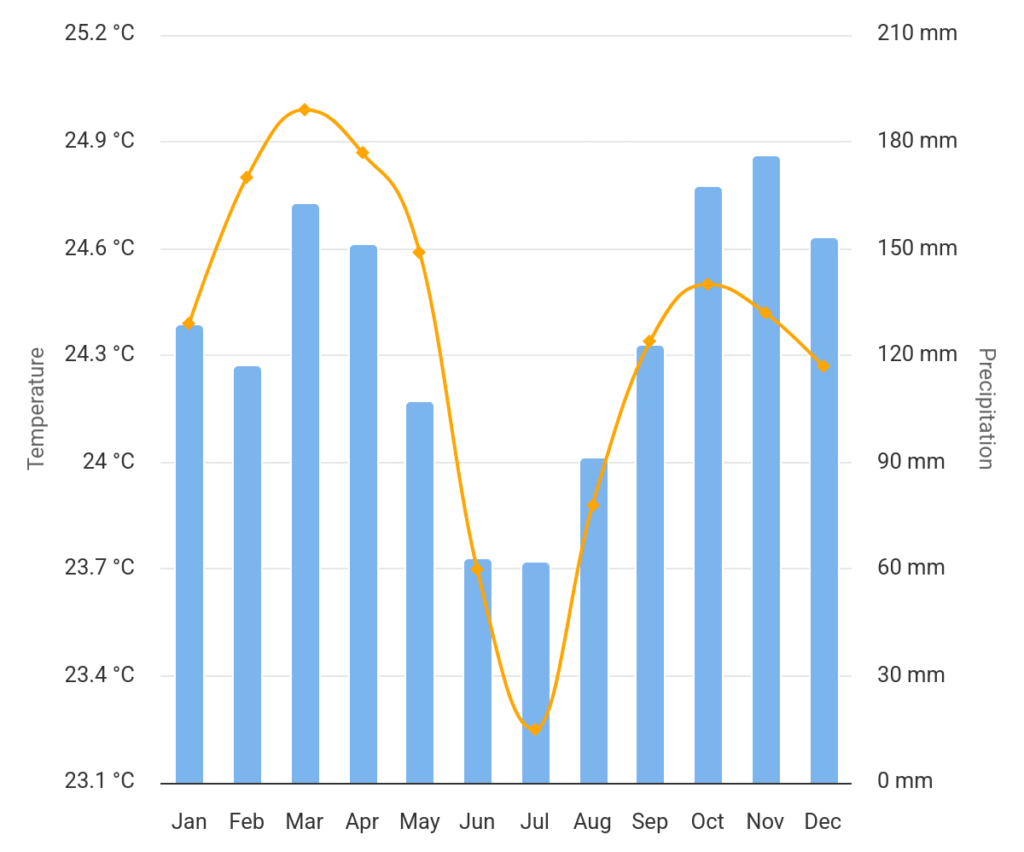Filming in DRC
Filming in DRC is a very strict process, and that is mainly due to the country’s fragile state. However, the process is quick with a 5-10 day turnover.
The weather is hot and humid, being right by the equator. The Congo rainforest basin, savannah grasslands and mountains make this such a rich location.
The best time to film in DRC would be from November to March, as these months are usually a lot drier than the rest of the year.
We’re filming in DRC. Come join us.

VISAS AND PERMITS
Every foreign passport holder requires a visa to enter the DRC. From there, media accreditation is required.
Regarding costs for filming in the DRC, each application is handled on a case-by-case basis, with factors being crew size, equipment, law enforcement requirements, and also length and locations for the shoot.
CUSTOMS AND EQUIPMENT
DRC is not an ATA carnet member, and so the equipment import process can be difficult. There is no established industry in the country with reliable gear rental. However, we often work in the DRC, and have various options to source / import equipment according to your needs.
The use of drones is also a no-go. The only option would be to source a local, which can be a costly move. We have good contacts in the area, but due to their high demand, it would be advised to make enquiries well ahead of the shoot. Contact us, even if it’s an enquiry for the use of a drone, and we can start that process ahead of time.
ACCESS AND AFFORDABILITY
Kinshasha International Airport is the primary international terminal in DRC.
It is important to note that footage of government buildings is illegal, and the consequences are harsh. This also extends to any filming alongside the borders.
It is advised to have your fixer with you, as well as a police official when filming on the streets.
Driving the city roads of DRC is quite easy, with tarred roads and traffic lights. However, venturing outside of the cityscape does require some off-roading and informal routes.
Film Fixers highly recommends crews let us organize our local drivers who have experience navigating the many notorious roads of the African continent, as this ensures a smooth and safe experience for everyone involved and no issues with traffic police, and avoids the language barrier.


